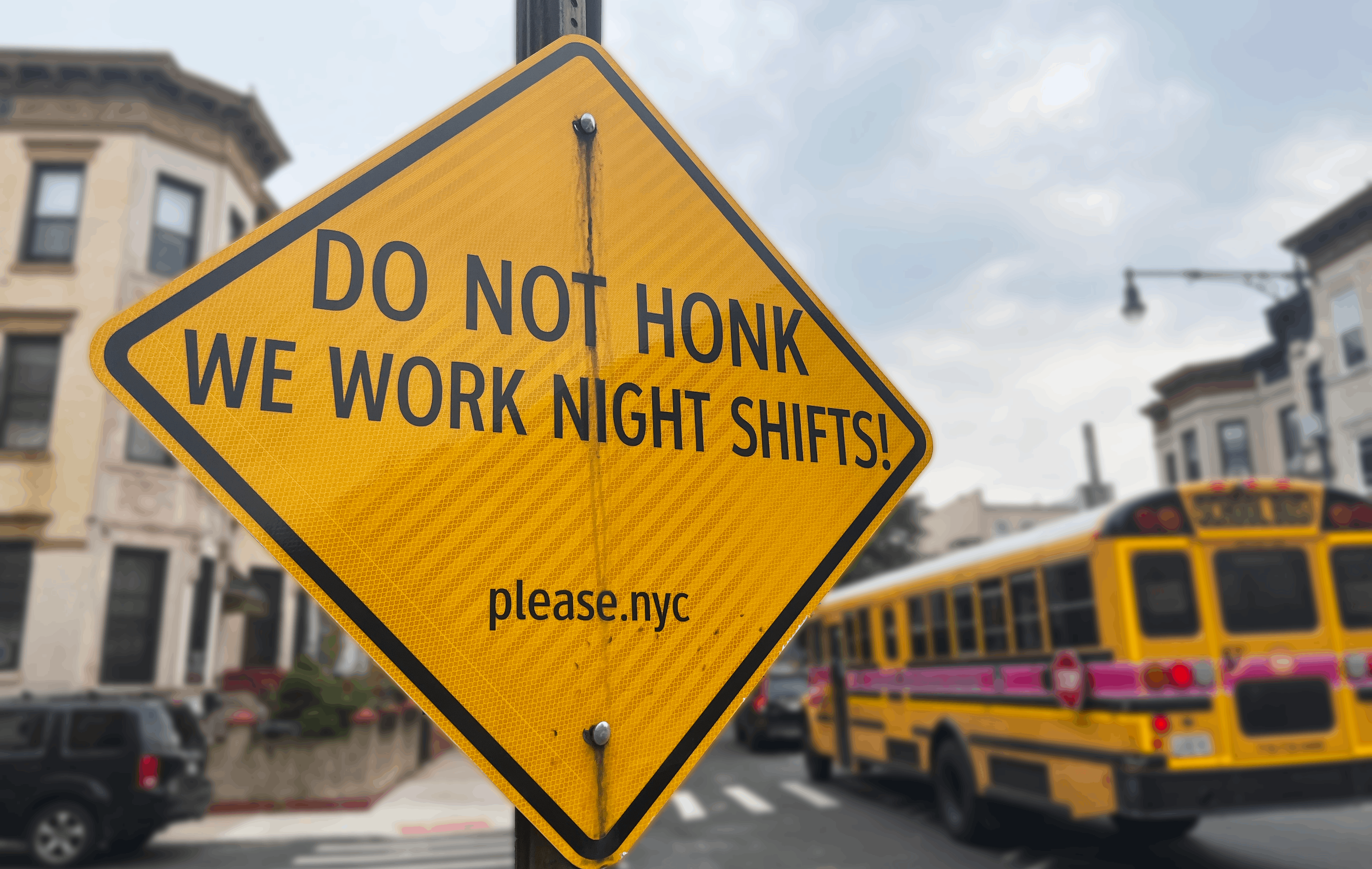
"Excessive public noise is both a health hazard and a nuisance. It is one of the main causes of later-life hearing loss, interferes with children's cognition and learning, and can cause heart problems, hypertension, psychological issues, and disrupt sleep. Vehicular noise like honking horns or revving motorcycles, which can reach fighter-jet levels of over 120 decibels, is some of the most inescapable."
"Every day, hundreds of New Yorkers submit 311 complaints about too-loud vehicles, which are then referred to the NYPD for action. What happens next? As the complaint page states, "Officers from the New York Police Department will respond within eight hours when they are not handling emergencies. They will be able to take action if the noise is still happening when they arrive." You might already be seeing the trouble here: such long lead times make enforcement impractical."
"Noise on city streets is inevitable - the by-product of living in close quarters in a vital city with eight million people. But some noise is illegal: blaring horns, souped-up engines, or thudding music. Yet most violators face no legal repercussions for disrupting thousands of residents' sleep, work, and lives. Some relief has come from the Department of Environmental Protection's automated noise-detecting cameras, but there are too few of them."
Urban street noise from illegal sources such as blaring horns, souped-up engines, and thudding music produces substantial public-health harms including later-life hearing loss, disrupted sleep, cognitive and learning interference for children, heart problems, hypertension, and psychological issues. The burden of excessive noise falls disproportionately on lower-income communities and areas near highways. Hundreds of residents file daily 311 complaints about too-loud vehicles, but NYPD response windows of up to eight hours make enforcement impractical for mobile violations. From 2020 to 2025 roughly half of 326,509 vehicle noise complaints were dismissed as gone or without evidence, and fewer than 1 percent resulted in a summons. The Department of Environmental Protection’s automated noise-detecting cameras provide limited relief because there are too few of them. Expanding automated enforcement offers an immediate, practical improvement to quality of life.
Read at Streetsblog
Unable to calculate read time
Collection
[
|
...
]